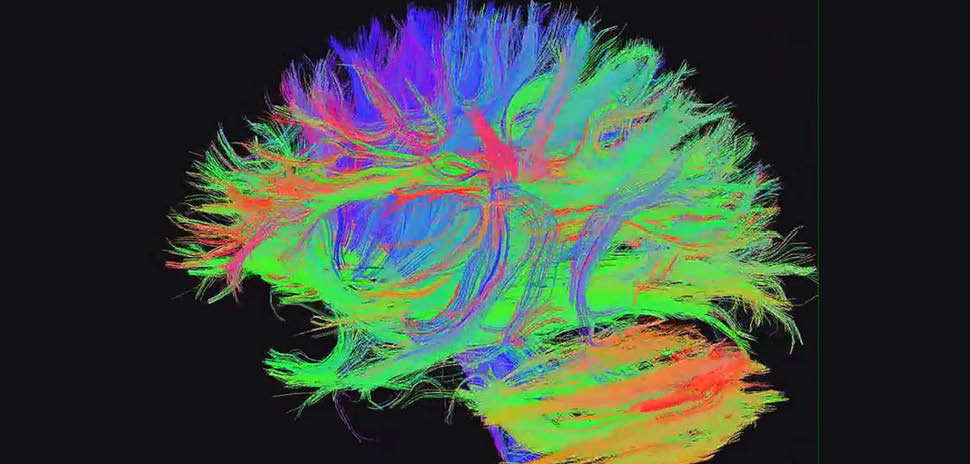Alzheimer’s disease is a vital area of investigation for health researchers across the nation, and two North Texas institutions are in the thick of probing the disease’s devastating effects.
Researchers at the University of North Texas Health Science Center have begun a study of Alzheimer’s effect on Mexican-Americans as an ethnic group, while the Center for Vital Longevity at the University of Texas at Dallas recently published research on how degraded connections within certain parts of the brain impact older adults’ ability to perform financial calculations.
The UNT Health Science Center said researchers are trying to answer this question: Why do Hispanics develop cognitive loss and Alzheimer’s disease nearly a decade earlier than other ethnic groups?
The research is funded by a $12 million grant from the National Institutes of Health and was begun on Sept. 4 in Fort Worth.
The study is expected to attract 2,000 North Texas volunteers that will be composed of 1,000 Mexican-Americans and 1,000 non-Hispanic whites, according to the university.
“This is the first project to specifically attempt to understand how different biological causes relate to Alzheimer’s disease across ethnicities.”
Sid O’Bryant
The center said that scientists from the University of Southern California, University of California, San Francisco, and other institutions are collaborating with UNTHSC.
The data will be collected over a five-year period, and it could offer earlier insights into Alzheimer’s that could lead to treatments specifically tailored to Mexican-Americans, said Sid O’Bryant, a professor in the Center for Alzheimer’s & Neurodegenerative Disease Research at UNTHSC, in a release.
According to the university, the number of Hispanics diagnosed with Alzheimer’s disease is expected to reach 1 million people by 2030, an increase of more than 800 percent.
Data on the Hispanic community is limited, as members of that ethnic group comprise less than 1 percent of participants in clinical trials involving Alzheimer’s disease.
“This is the first project to specifically attempt to understand how different biological causes relate to Alzheimer’s disease across ethnicities,” O’Bryant said. “By looking at different potential causes related to memory loss, we may be able to target the right pathway at the right time with the right intervention.”
Study participants must be 50 and older, and they will be seen twice during the five-year study.
All participants will get advanced brain imaging, an interview, cognitive testing, and blood work at both visits.
UNTHSC said that a robot has been bought to process the 400,000 separate blood tubes that will be stored in a bio-repository at the health science center and made available to researchers around the world.
RESEARCHERS: CALCULATING ALZHEIMER’S EFFECTS

Kristen Kennedy
Meanwhile, at UTD’s Center for Vital Longevity, researchers have published a new study on how degraded connections in some parts of the brain affect an older person’s ability to do financial calculations.
The results of the study were published in the most recent issue of the Journal of Alzheimer’s Diseases.
The study relied on imaging of the white matter connections within the brain and measuring how intact those connections are. The white matter tracts allow for communication between different parts of the brain.
“As we age, we tend to see a degradation of the connective fibers that wire the brain, much like a vacuum cleaner cord that has been run over too much with years of housecleaning.”
Kristen Kennedy
The research showed a correlation between the white matter’s integrity and the ability to calculate finances, according to the university.
“As we age, we tend to see a degradation of the connective fibers that wire the brain, much like a vacuum cleaner cord that has been run over too much with years of housecleaning,” Kristen Kennedy said in a release. “The insulation of the cord gets worn, and the electrical signal may not be conducted as well, or as rapidly. It’s a similar principle with conduction velocity across white matter brain connections.”
Kennedy is senior author of the paper and assistant professor at the center and the School of Behavioral and Brain Sciences.
Researchers discovered that the financial skills of participants varied in relation to the severity of their cognitive impairment, UTD said.
Participants with Alzheimer’s disease scored lower on all measures than those with mild cognitive impairment, who, in turn, scored lower in most areas than those with healthy controls.
UTD said the study was conducted in collaboration with Drs. Dan Marson and Adam Gerstenecker at the University of Alabama at Birmingham.
It included more than 100 participants who were either healthy and elderly, had mild cognitive impairment, or had Alzheimer’s disease, UTD said.
For the study, doctoral student David Hoagey analyzed diffusion-tensor images of the brain and then compared them to each participant’s performance on tests designed to measured a variety of financial skills.
Dallas Innovates, every day
One quick signup, and you’ll be on the list.






























